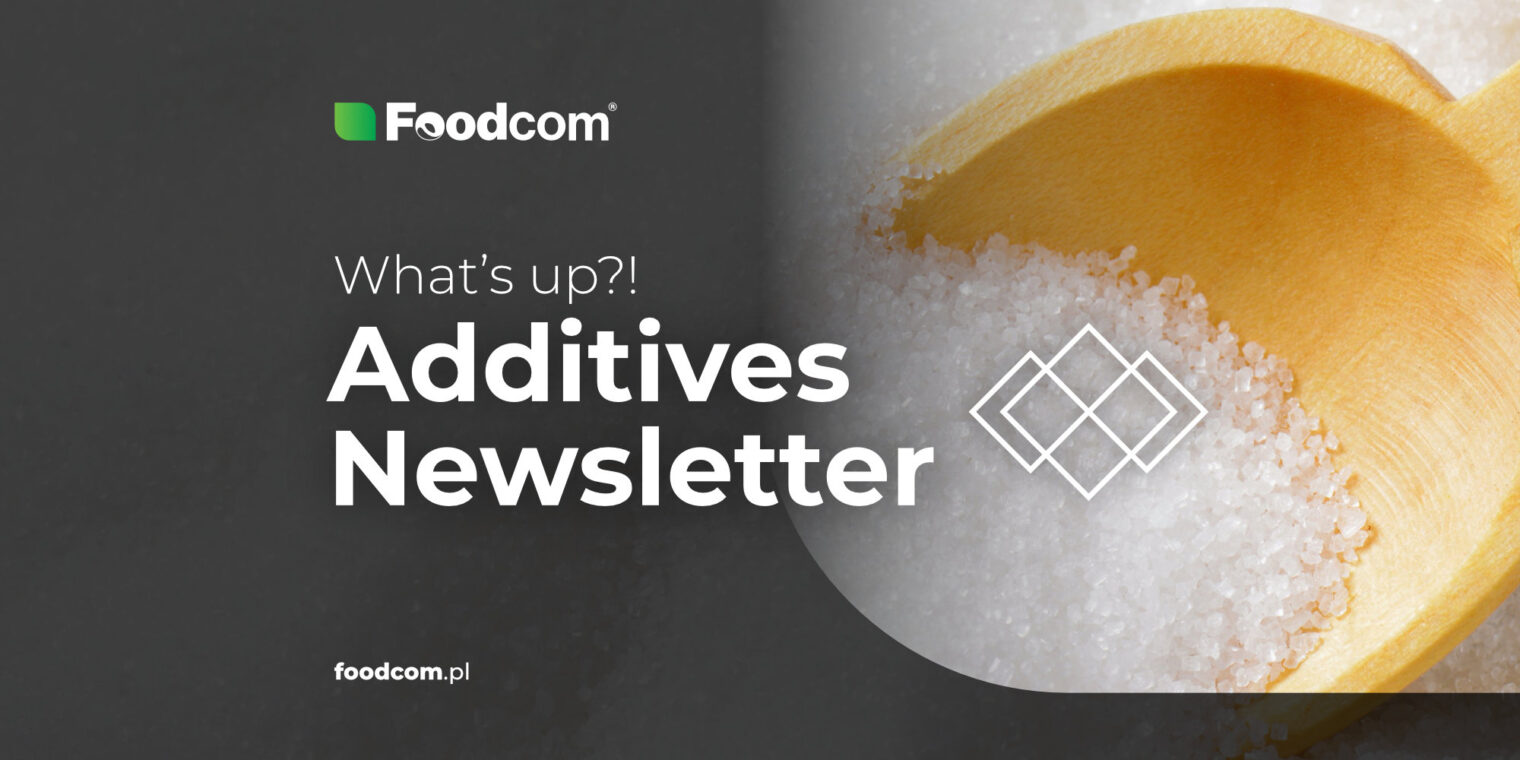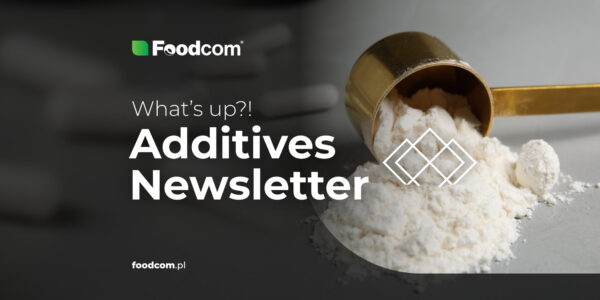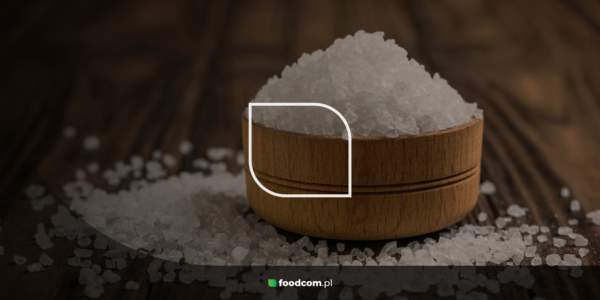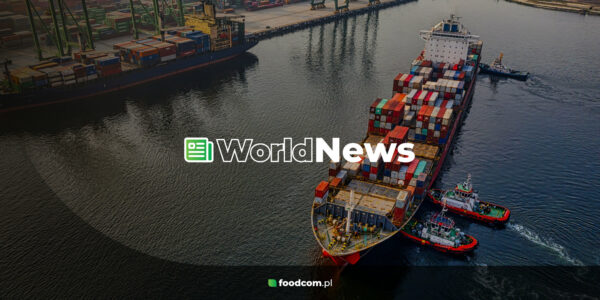Resumen
Índice
Europe
The European Union still has to deal with the challenges of mineral fertilizers
Members of the European Parliament have asked the European Commission to reconsider the creation of a common strategy for intergovernmental purchases of mineral fertilizers. The goal would be to ensure stability in fertilizer supplies to farmers. In addition, there was an idea to provide financial support to farmers and temporarily suspend anti-dumping duties on mineral fertilizers, except for those imported from Russia and Belarus. In any case, the situation of fertilizers in the European Union is an issue that should be followed closely.
Agrofert has received approval from the European Union to acquire Borealis’ nitrogen business
Czech Agrofert Group has received approval from the EU to buy the nitrogen business of Austrian energy company OMV, which is owned by Borealis. The business includes fertilizers, melamine and technical nitrogen. The European Commission has stated that the transaction does not raise competition concerns in Europe. The sale of nitrogen fertilizers in the Czech Republic and Slovakia is also not threatened.
One region of the United Kingdom will soon be a leader in lithium mining
Cornwall has been known for its mineral wealth for decades. For many years, tin played a major role, but in the modern world, lithium, which is used to make batteries that power almost everything, including phones and cars, is gaining importance. Current projections indicate that the UK will need about 80,000 tons of lithium by 2030, of which about 40% could be extracted from under Cornwall. Cornwall is also well on its way to becoming a major supplier of lithium to Europe.
The Americas
The Ostara company receives a grant to increase fertilizer production in the United States
The USDA has awarded Ostara $7.6 million under the grant program. The goal of the program is to promote innovative, sustainable and farmer-focused fertilizer production. The funds will be used to support Ostara’s construction of a new fertilizer production facility in St. Louis. Additional funding at this level? Probably everyone would welcome that…
Another lab-grown meat approved for human consumption
California-based GOOD Meat has received approval from the U.S. Food and Drug Administration to market its lab-grown chicken. This is the second such product to receive such approval from the FDA. This means that the agency deems the product safe for human consumption. Is this the end of ‘traditional’ meat?
Celanese Corporation is increasing production of ethylene vinyl acetate in the United States
The company has completed a special project that will allow it to use existing infrastructure and production facilities to free up additional ethylene vinyl acetate production capacity. The project will provide a significant increase in production capacity at Celanese’s Edmonton, Alberta, Canada facility.
Asia & Oceania
CBH Group opens a new production facility in Australia
The new fertilizer plant is located in Kwinana, Western Australia. The operation is expected to benefit farmers throughout the region. The project marks the start of CBH’s liquid fertilizer business and adds 15,000 tons of granular fertilizer production capacity. If all goes according to plan, cooperation between the fertilizer manufacturer and farmers should really blossom.
Syngenta is successful in China
The seed and agricultural giant is seeking a listing on the Shanghai Stock Exchange. The company’s products fit well with China’s strategy to increase the quality and quantity of agricultural production to ensure the country’s self-sufficiency in food. The company reported that its sales in China rose 17% to $8.6 billion last year. This was due to higher contributions from its crop protection and seeds businesses, as well as digital activities that connect farmers with buyers across China.
Nano urea the future of India?
India’s ambition is to be a leader in agricultural self-sufficiency. An important aspect to achieving this goal is the increase in the use of nano urea, which will allow reducing urea imports and also reduce the negative environmental impact of the agricultural sector. Nano urea? Weren’t those granules small enough already?
Categorías:








